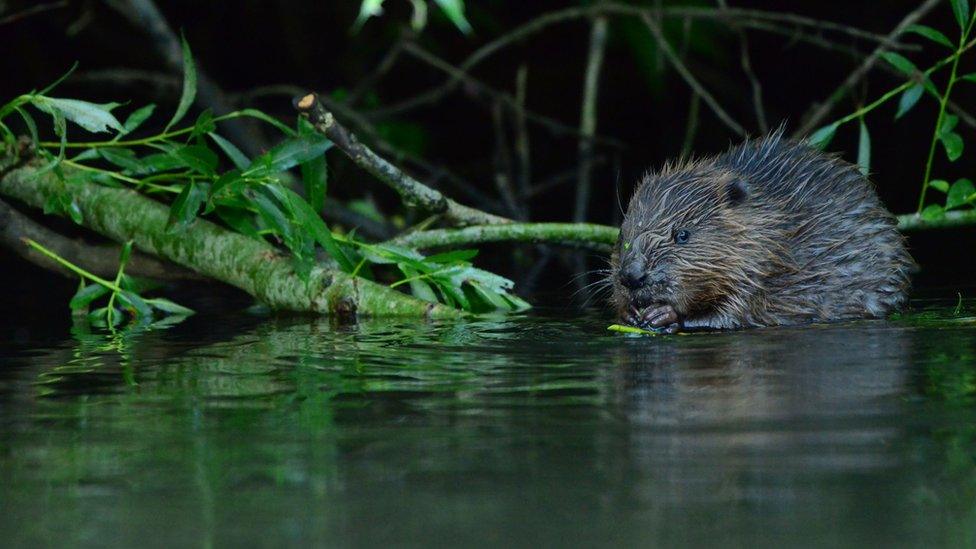Wildcats to be re-introduced to Devon and Cornwall
- Published
- comments
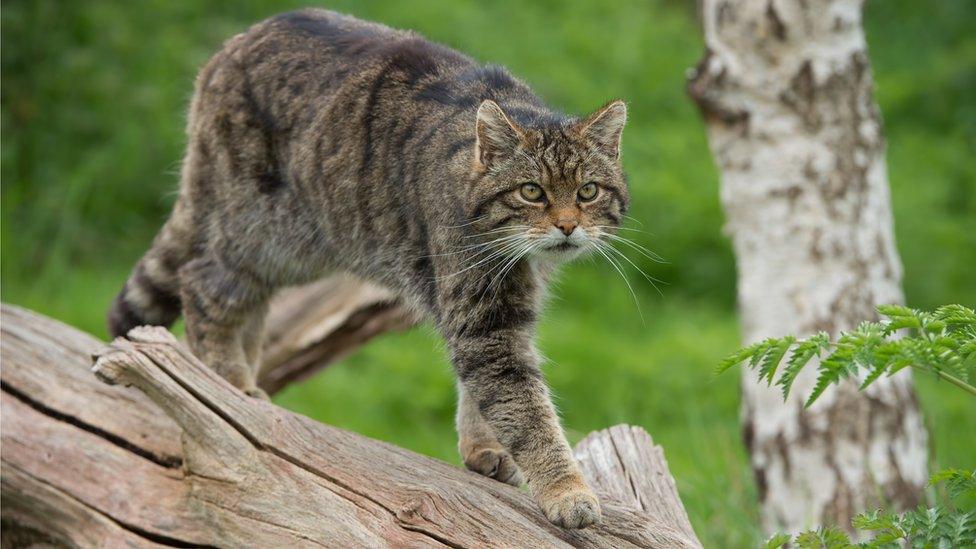
They're small, fluffy and feisty and they're about to be re-introduced to the English countryside for the first time in more than 150 years - we're talking about wildcats!
Wildcats were once common in England and Wales but the animals have not been seen in the wild for more than a century, due to loss of habitat and because they were hunted for their fur.
There are now around 200 of the animals left in the wild in northern Scotland, but they are at risk of extinction.
However, a conservation programme is aiming to release around 40 and 60 European wildcats into the countryside in Devon and Cornwall.
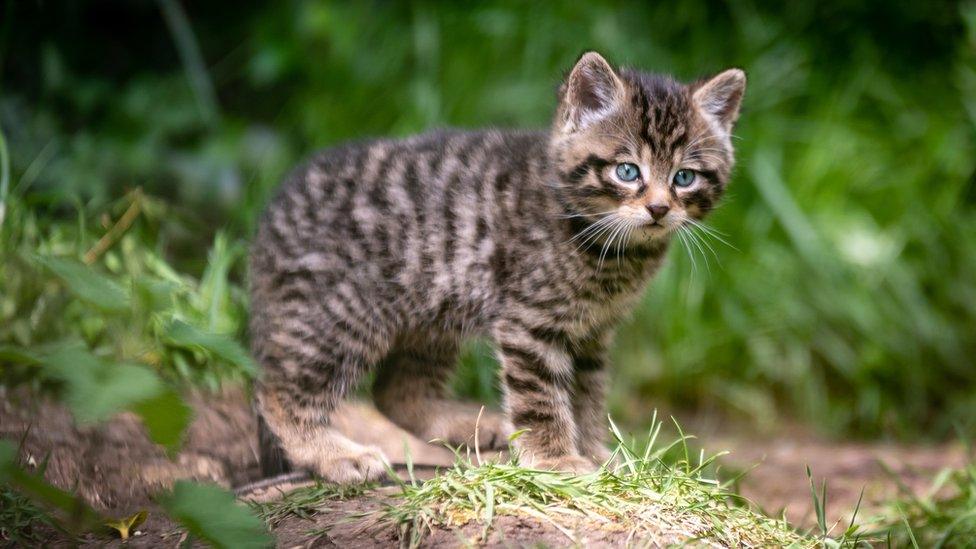
Conservationist Derek Gow, has been working with the Devon Wildlife Trust, and the Royal Zoological Society of Scotland to help breed the wildcats at his animal sanctuary, in the hopes of releasing them back into the wild.
He has previously been part of plans to reintroduce water voles and beavers to parts of Britain.
"If we have the ability to save a nearly extinct species which once populated all of Britain until we hunted them to the brink why would we not reintroduce them?" he said.
"This is just one small step in the right direction, returning wildcats to our forests will help rejuvenate them."
What are wildcats like?
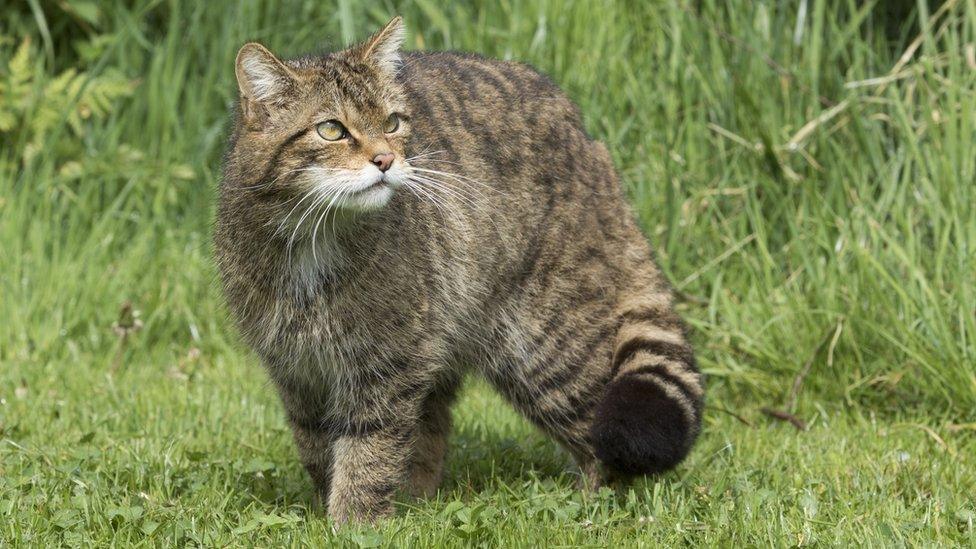
Wildcats might look like the sort of cat you have at home as a pet, but they are about twice as big, with a wider face and much thicker fur.
They've been living in Britain since around the last Ice Age, and were even once rumoured to be man-eating predators, but in reality these cats are incredibly shy and actively avoid humans.
They hunt small animals like mice and rabbits, and wildlife experts are hoping they can become an important part of the food chain once released into the wild, where they can help to keep rabbit and mice numbers from going out of control.
Where will they be released?
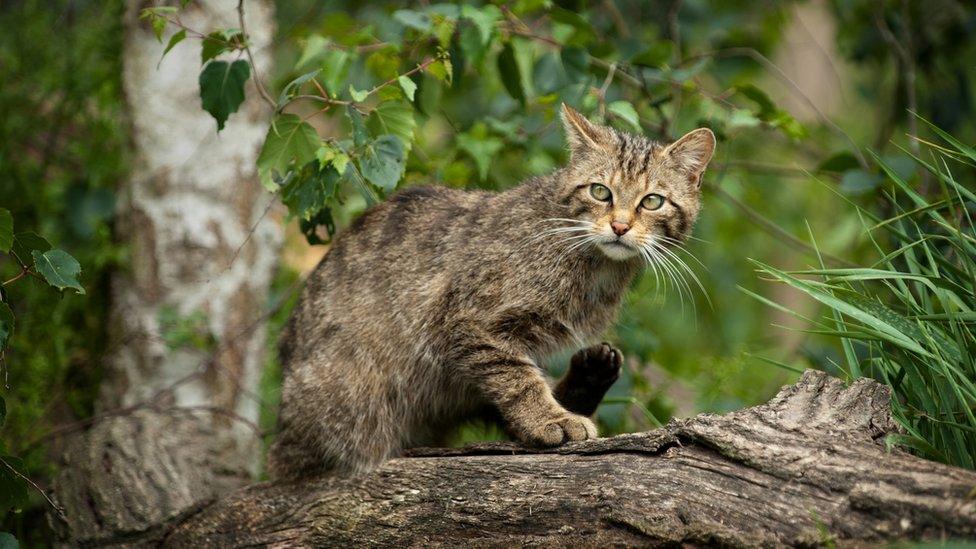
The wildcats will be released in secret locations in Devon and Cornwall in England, to protect them because they are so rare.
Peter Burgess, the director of nature recovery at the Devon Wildlife Trust, said: "Ideally we will be selecting coastal scrubland and dense forests as places where they can be released.
"With any luck they will slowly begin building up their population and repopulate the county and eventually the country." he said.
The Department for Farming and Rural Affairs (Defra) is developing a code of best practice for reintroduction projects so that reintroductions are done safely, but because the wildcat is still found in the wild in Scotland, they are allowed to be released in England.
Defra said: "The movement and release of any species in England, including wildcats, should follow the International Union for Conservation of Nature guidelines. These guidelines ensure there are clear environmental and socioeconomic benefits to gain from releasing the animals and that their welfare is maintained."
- Published29 October 2019
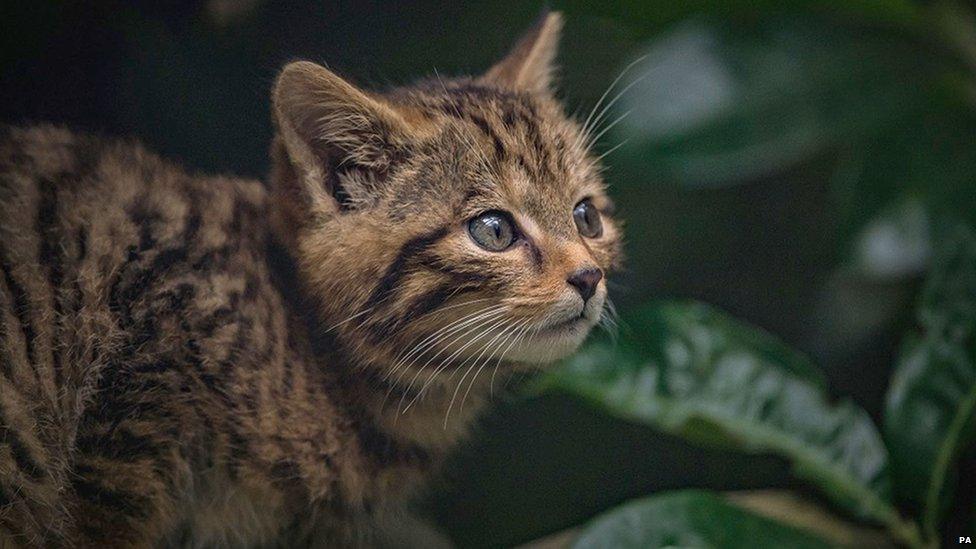
- Published12 November 2021
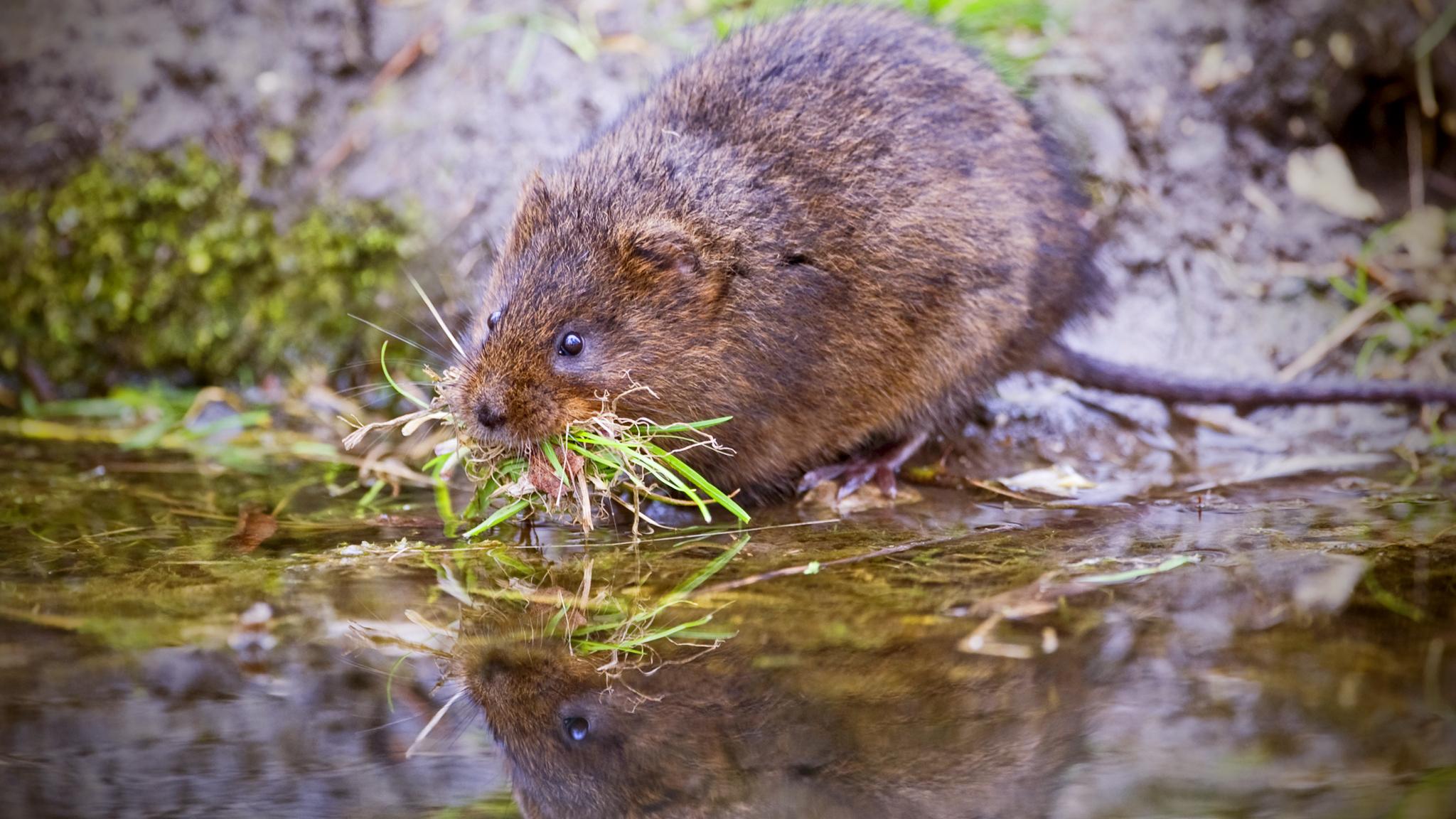
- Published1 October 2021
